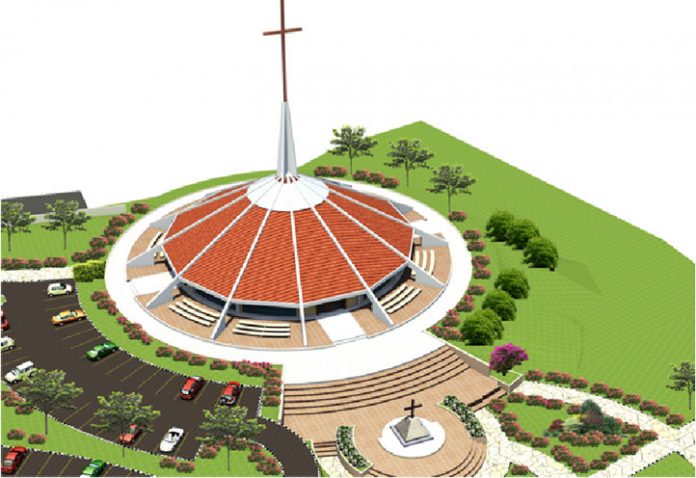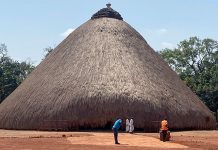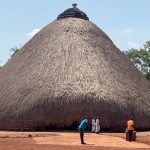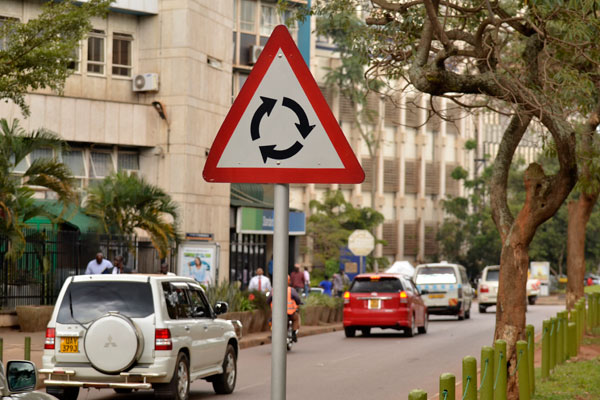A young king. Intrigue. Conspiracy and harrowing brutality sums up the tale of 26 brave Ugandan martyrs who were burnt alive because of their faith. The story of the Uganda martyrs is a story of faith, courage and cruelty. It is from its ashes that Uganda’s and probably East Africa’s most important place of Christian pilgrimage was built. Their fate was climax of a two year wave of religious persecution of Christians, eight years after the first Christian missionaries set foot in the country with high hopes of spreading the gospel.
Missionaries were invited to Uganda by King Muteesa1 in 1875. Protestant and Catholic missionaries arrived and set up schools, churches and hospitals in the kingdom. Unfortunately the king died in 1884 and was succeeded by his 18 year old son Mwanga. The king misled by traditionalists and Arabs in his court, was threatened by coming of Europeans to Buganda and he realized that the first converts put loyalty to Christ above the traditional loyalty to the king. He then ordered that all Christian converts be burnt alive after giving them a chance to denounce their faith. The Namugongo martyrdom produced a result entirely opposite to Mwanga’s intentions. The example of these martyrs, who walked to their deaths praying for their enemies and executioners, so inspired many of the bystanders that they began to seek instruction from the remaining Christians.
Exactly how many Baganda Christians were speared, beheaded, cremated, castrated and clubbed to death is an open question. 45 deaths are recorded by name but the actual tally was probably several hundred. The persecution culminated at Namugongo on June 3 1886, when at least26 catholic and Anglican converts having rejected the opportunity to renounce their new faith was roasted alive.
Within a few years, the original handful of converts had multiplied many times and spread far beyond the court. The martyrs had left the indelible impression that Christianity was truly African, not simply a white man’s religion. Most of the missionary work was carried out by Africans rather than the white missionaries and Christianity spread easily. Uganda now has the largest percentage of professed Christians than any nation in Africa. The 22 catholic martyrs were finally canonized by Pope Paul VI on October 18 1964 during the Vatican II conference. In July 1969, Pope Paul IV visited Uganda, the first reigning Pope to set foot in sub-Saharan Africa to make a pilgrimage to Namugongo, where he instructed that a shrine and church be built on the spot where Lwanga, the young leader had been killed. The site of the massacre was visited by Archbishop Robert Runcie of Canterbury in 1984 and Pope John Paul II in 1993.
The tour will take you through the awe-inspiring story of these young men. It begins at the Kasubi tombs where the King first welcomed the first Europeans to his kingdom and where the four great kings are buried. It will then lead through the oldest Catholic and Protestant churches and then through the various sites some of the martyrs were killed on their long walk to the final execution grounds where they were finally burnt alive at Namugongo.




















